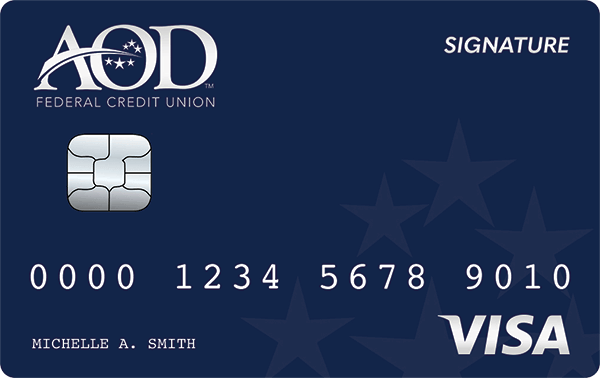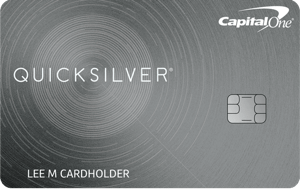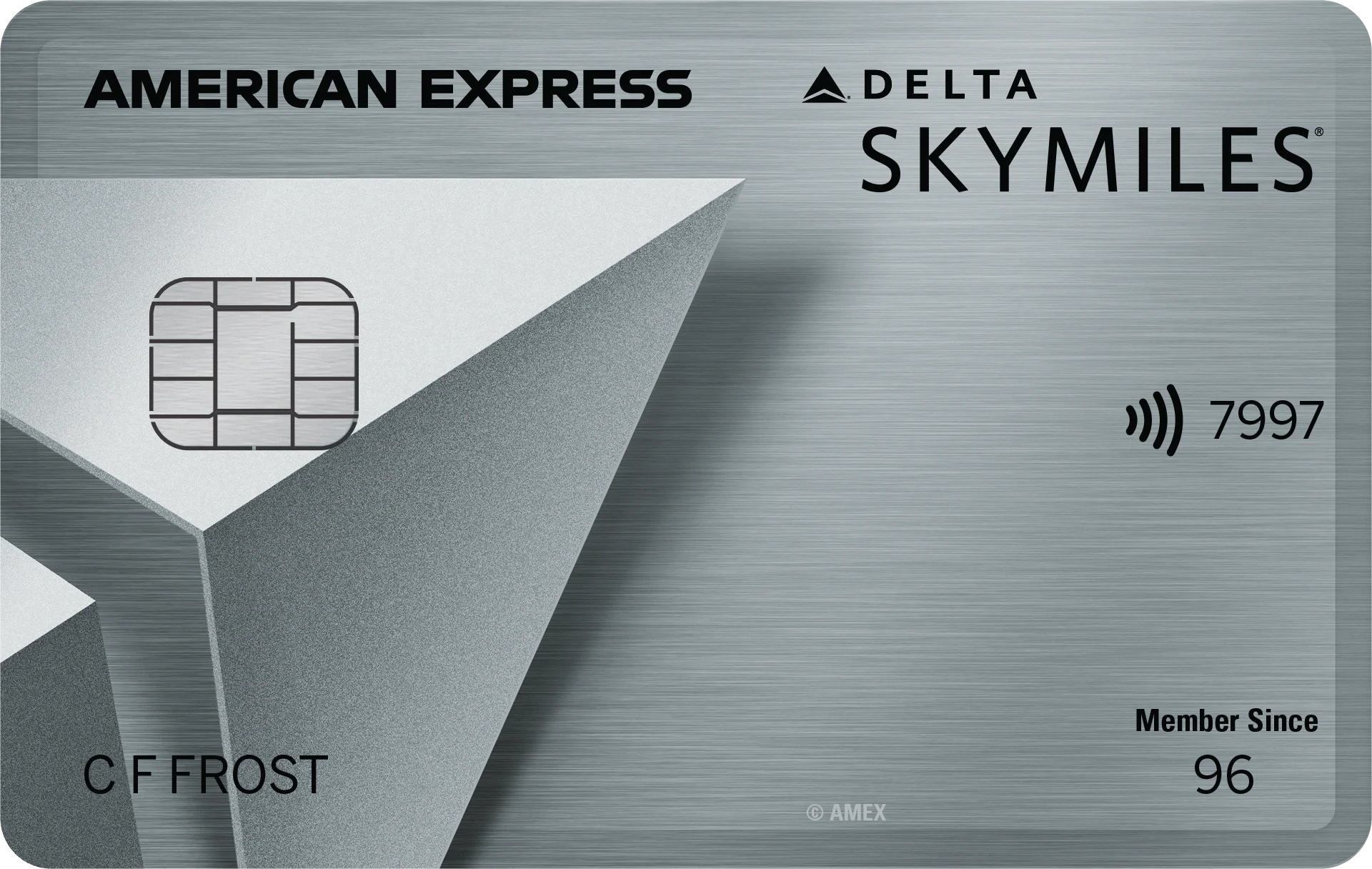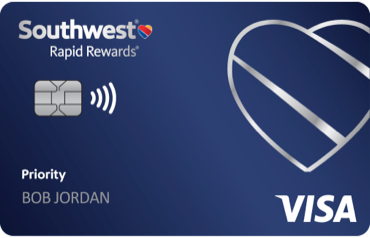- myFICO® Forums
- FICO Scoring and Other Credit Topics
- Personal Finance
- Re: Six Figure Student Debt
- Subscribe to RSS Feed
- Mark Topic as New
- Mark Topic as Read
- Float this Topic for Current User
- Bookmark
- Subscribe
- Mute
- Printer Friendly Page
Six Figure Student Debt
Is your credit card giving you the perks you want?
Browse credit cards from a variety of issuers to see if there's a better card for you.
- Mark as New
- Bookmark
- Subscribe
- Mute
- Subscribe to RSS Feed
- Permalink
- Report Inappropriate Content
Six Figure Student Debt
I'm 23 and graduated college last year and have thus far paid my student loans down to $163,000 (yikes), with an interest rate of 6.62%. Before taxes I will make ~$80,000 this year. I work in a very stable industry and my company gives a raise between 4-8% every year so my income stream is a minimal concern. I currently have $8,000 in savings and $25,000 in a brokerage account. I am currently renting an apartment but will be moving back to my parents once my lease expires (June 2021) as covid has paved way for me to permanently work from home (no need to be close to the city). From there my expenses will be almost non-existent as my parents are much more than understanding of the amount of money I owe and willing to help me in any way possible. We have a great relationship so I'm not in any rush to get out but I would like to buy my own home as quickly as possible so they can retire and not have to think about supporting me in any way. I have a multitude of questions on how I should be allocating my money... Should I empty my brokerage account into my loans? When is the best time to refinance my loans? Should I try to completely elimate the loans before I start saving for a home? Money management has never been a big problem for me and its almost natural for me to live somewhat frugally but its a big number to have in front of you at such a young age and I would appreciate the advice from someone who has a little more life experience than myself. Thanks in advance!
- Mark as New
- Bookmark
- Subscribe
- Mute
- Subscribe to RSS Feed
- Permalink
- Report Inappropriate Content
Re: Six Figure Student Debt
@Anonymous wrote:I'm 23 and graduated college last year and have thus far paid my student loans down to $163,000 (yikes), with an interest rate of 6.62%. Before taxes I will make ~$80,000 this year. I work in a very stable industry and my company gives a raise between 4-8% every year so my income stream is a minimal concern. I currently have $8,000 in savings and $25,000 in a brokerage account. I am currently renting an apartment but will be moving back to my parents once my lease expires (June 2021) as covid has paved way for me to permanently work from home (no need to be close to the city). From there my expenses will be almost non-existent as my parents are much more than understanding of the amount of money I owe and willing to help me in any way possible. We have a great relationship so I'm not in any rush to get out but I would like to buy my own home as quickly as possible so they can retire and not have to think about supporting me in any way. I have a multitude of questions on how I should be allocating my money... Should I empty my brokerage account into my loans? When is the best time to refinance my loans? Should I try to completely elimate the loans before I start saving for a home? Money management has never been a big problem for me and its almost natural for me to live somewhat frugally but its a big number to have in front of you at such a young age and I would appreciate the advice from someone who has a little more life experience than myself. Thanks in advance!
Lots of questions.
1. Should I empty my brokerage account into my loans? No. At your age, compounding and growth are going to turn 25k into a quarter million in 30 years. I'd let it grow and continue to contribute at least a little bit every year.
2. When is the best time to refinance? When you can get a reasonably better rate, which now may be about the best time to do (if your score/profile permits it). If you can get sub-5% I'd say go for it.
3. Should I completely eliminate my loans before saving for a home? Same as number 1. Plus, that brokerage IS part of your savings for a home (unless it's a dedicated retirement account). Keep making reasonable contributions but focus on the loan unless you refi to a rate where your gains from saving outweigh your costs from interest.
If it were me, I would aim for around ~20% of my income toward savings for retirement and down payment. Down payment should be invested in the brokerage for now as savings have minimal return and you won't need that money for several years. I would aim to put ~40% toward the student loans, which should get you on track to have them eliminated in 5-10 years. Given your living expenses are going to go to nearly 0, the remaining ~40% is taxes, insurance, and living/discretionary.
- Mark as New
- Bookmark
- Subscribe
- Mute
- Subscribe to RSS Feed
- Permalink
- Report Inappropriate Content
Re: Six Figure Student Debt
@iced is spot on. Let's say after taxes your take home pay is close to $5000 a month, if you can live at home for 5 years (and really there is no shame with living at home until you are 28 if you can make it happen). If you could throw $3k a month towards the student loans you will easily pay them off in 5-6 years. That would leave you $2k a month for saving and discrestionary spending.
I wouldn't get into the brokerage fund, as for the 8K in savings you should keep that around for emergencies and grow it as you can.














- Mark as New
- Bookmark
- Subscribe
- Mute
- Subscribe to RSS Feed
- Permalink
- Report Inappropriate Content
Re: Six Figure Student Debt
@Anonymous I am going to have to agree with both of the other two replies. I would move back home and really drive to get your student loans down as much as possible. Honestly If you paying 3K a month towards the loan then there really is no point to refi because you going to save on interest. Plus that would be a new account that would lower your AAoA. If you could stay there and pay off the student loans and then give yourself another 12 months to do the home buying process. I am sure by then you would have no less than 50K in your savings. Not sure what your credit is like but fixing anything that could need to be fixed or just building your credit up more. I would make sure to at least continue to put 500-1K a month in your savings.
- Mark as New
- Bookmark
- Subscribe
- Mute
- Subscribe to RSS Feed
- Permalink
- Report Inappropriate Content
Re: Six Figure Student Debt
But that's all assuming $3k a month, lower payments would make even more of an argument to refinance.



 as of 1/1/23
as of 1/1/23Current Cards:









- Mark as New
- Bookmark
- Subscribe
- Mute
- Subscribe to RSS Feed
- Permalink
- Report Inappropriate Content
Re: Six Figure Student Debt
Have you looked at Dave Ramsey's 7 baby steps?











Total Available: $93,000
Goal: the Delta Platinum Reserve AmEx, Marriott Brilliance AmEx, Marriott Bonvoy Business AmEx
- Mark as New
- Bookmark
- Subscribe
- Mute
- Subscribe to RSS Feed
- Permalink
- Report Inappropriate Content
Re: Six Figure Student Debt
@NeverTubetheGoose wrote:Have you looked at Dave Ramsey's 7 baby steps?
I don't think that really answers anything here.
Step 1: Save 1k
Step 2: Payoff $163k
Step 3: do everything else



 as of 1/1/23
as of 1/1/23Current Cards:









- Mark as New
- Bookmark
- Subscribe
- Mute
- Subscribe to RSS Feed
- Permalink
- Report Inappropriate Content
Re: Six Figure Student Debt
my ONLY meager non-contribution:
IF you do refinance, try to do it through a government source to the extent (amount) that you're able. I believe that it's those unsubsidized governmentally-generated student loans that are the constant topic of possible forgiveness, and I believe that once those loans are 'privatized' there's no turning back. Perhaps someone with better knowledge can chime in.
(in advance: I'm not getting political here-- whether any individual likes this concept or not is irrelevant-- this user would be financially wise to wipe out this debt if he/she could. Just my opinion.)
Rebuilding is like smoking a brisket: it takes a lot of love, the right spice, and a ton of patience. You don't rush a brisket-- it goes low & slow. Sometimes, you need a crutch through the stall. In the end, the process matters.
2021 goals:
1) GARDEN until I app for Mortgage.
2) Pay Down overall revolving debt aggressively and accountably, to under 30%, including my HELOC.
3) Don't waste the gifted 0% time on the student loans.
4) Ultimately, refi the house at non-usury terms.
- Mark as New
- Bookmark
- Subscribe
- Mute
- Subscribe to RSS Feed
- Permalink
- Report Inappropriate Content
Re: Six Figure Student Debt
@ccquest wrote:
@NeverTubetheGoose wrote:Have you looked at Dave Ramsey's 7 baby steps?
I don't think that really answers anything here.
Step 1: Save 1k
Step 2: Payoff $163k
Step 3: do everything else
I disagree. I think it's the perfect answer for someone who isn't sure where to start and the OP is already ahead of the game. Sure, the method is a bit gimmicky but when you look at the actual steps, it makes perfect sense. It doesn't answer a few of his questions but we would need more information.
@Anonymous it's great that at 23 you are already concerned about this and trying to get organized. It's also great that you already live somewhat frugally and has resources such as your parents that will be able to help you out. As far as when/if you should consolidate, we would need to know more about your student loans. Here's the 7 Baby Steps.
Step 1-save up $1000 emergency fund DONE
Step 2-pay off your debt using the snowball method. Make minimum payments on all of your student loans except the smallest. Put as much extra into that one as you can each month. Once you have that one paid off, take the money you were using to pay off the smallest and add it to what you are paying each month on the next smallest. Keep doing that to the smallest remaining loan, rinse and repeat. You will be suprised how quickly you will pay off your loans if you are able to put a decent amount into them.
Step 3-Build a 3-6 month emergency fund. For an $80k income, you would want $20-40k. You are off to a great start with the $8k. You could count the brokerage account towards this, but ideally you want it in a savings or money market account so it is easy to access. I would leave your money in the brokerage account. Once you get the $20-40k emergency fund, that money in the brokerage account would be used towards the later steps.
Steps 4-7 are basically saving for the future in different forms. I would think you can realistically get through the first 3 steps in 5-6 years. I know it sounds like a long time but it's a lot quicker than making minimum payments on the student loans for 30 years. Also, never trust the govt to forgive anything.











Total Available: $93,000
Goal: the Delta Platinum Reserve AmEx, Marriott Brilliance AmEx, Marriott Bonvoy Business AmEx